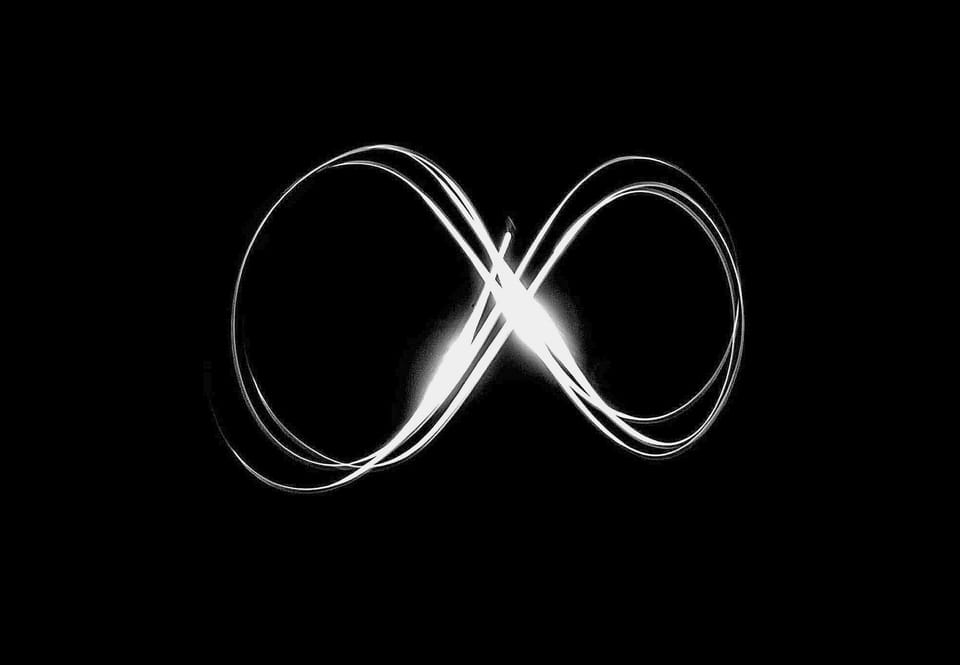A cruel paradox 🔄

"Until you make the unconscious conscious, it will direct your life and you will call it fate."
—Psychologist Carl Jung
> delusional optimism | irrational
Psychologists are also sometimes called "decision scientists" or "behavioral scientists."
- Their research findings in recent decades on perception and how we experience reality have rattled Wall Street, universities, military leaders, politicians, and professional sports teams.
Economists had long believed that human beings relied on their more careful, rational minds to make decisions.
Famed psychologists Daniel Kahneman and Amos Tversky proved that wasn't true.
Human beings are not rational by default. But they're not always irrational by default, either.
This results in a cruel paradox.
- There's our intuitive, implicit mind (historically called the unconscious mind).
- And there's our analytical, explicit mind (historically called the conscious mind).
Their relationship is fiery and fraught with folly. The outcome is cognitive errors and mental misfires that smother our everyday judgements as we try to make decisions fast.
Kahneman and Tversky won a Nobel Prize in economics even though they were psychologists.
Their theories helped explain why, for example, people were willing to drive to a far-away store location just to save a few dollars on a small purchase.
Irrational choice-making also helps us understand why tortillas are priced at $3.99 instead of $4.00 at the grocery store even though we "know" what the retailer is doing.
The average human mind makes 35,000 decisions each day. We can't be consciously aware of them all.
Such revelations shatter what we thought we knew about media effects, policing, eyewitness reliability, corporate corruption, medicine and health, national security, law, addiction, and more.
- next time "A powerful and widely shared cognitive illusion."
- listening Loretta Lynn, Willie Nelson "Lay Me Down"
>> full series | alerts | playlist / social | tip jar

